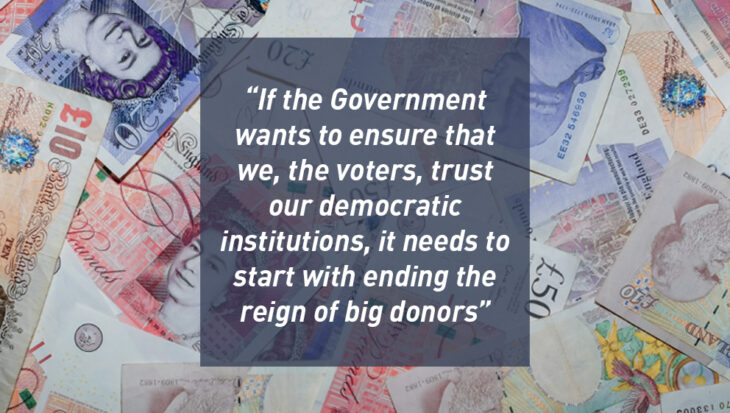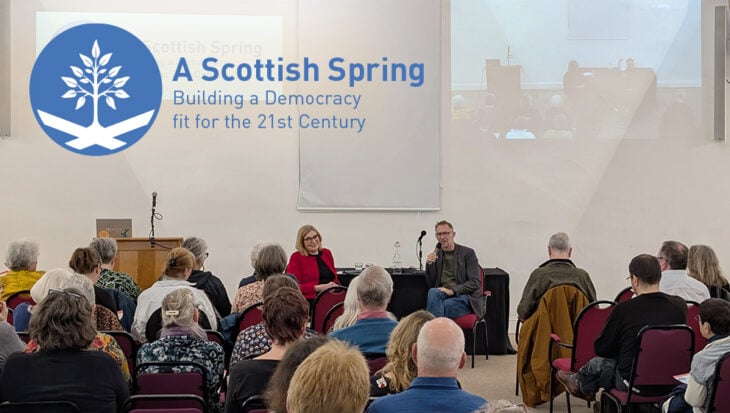One of the great mysteries of the voter ID trials in May’s English local elections was what exactly the trials were meant to be testing.
Out of 44.4 million votes cast in 2017, there were just 28 allegations of in-person voter fraud across the whole country. Considering that none of these allegations were in the areas where the trials happened, we’d expect no evidence of fraud, whether ID was used or not.
The Electoral Commission has now published their report on the so-called trials – and it tells us what we knew to be the case: namely, that the trials can tell us nothing about whether voter ID has prevented any fraud.
[bctt tweet=”The official report on the voter ID so-called trials tells us nothing about whether voter ID has prevented any fraud.” username=”electoralreform”]
Worryingly, the trials were unable to check to what extent marginalised groups were denied a say – or who might be worst affected if this policy were rolled out for national elections.
Over 300 people were turned away from the polling station and didn’t return. Compared with zero allegations of vote theft before the trials, the ID trials disenfranchised significantly more people than potential wrongdoers.
[bctt tweet=”Over 300 people were turned away from the polling station and didn’t return. Compared with zero allegations of vote theft before the trials, the ID trials disenfranchised significantly more people than potential wrongdoers.” username=”electoralreform”]
As access to ID isn’t spread evenly, one of the big concerns was that demanding identification would hit some groups more than others. But, as the trials all happened in similar areas in the south of England, they categorically failed to show that already marginalised groups would not be disenfranchised.
They did prove though that less well-off people were half as likely to be aware of the pilots even happening compared to their better-off neighbours.[bctt tweet=”Less well-off people were half as likely to be aware of the voter ID pilots even happening compared to their better-off neighbours” username=”electoralreform”]
The trials also tell us little about what would happen in a general election. In a poll with higher turnout, there would be more strain on polling stations checking ID – and a wider range of people participating, including those who are less politically engaged and therefore less likely to be aware of the changes.
But there is another key question which goes above all this: why the government is pursuing this policy above all others, when there are far bigger fish to fry? The public say the ‘need’ for voter ID is the least of Britain’s concerns when it comes to democracy. This week alone we learnt of cheating during the EU referendum, highlighting Britain’s outdated campaign rules.
The government claim to be concerned about public worries around voter fraud. Yet rather than educate people about the infinitesimally small levels of fraud allegations, or commission research into whether there is fraud we don’t know about, they have gone down a route that will exclude the most vulnerable from our elections.
And evidence from America has shown that people who baselessly believe voter fraud is rampant will continue to believe this whether there are ID requirements or not.
[bctt tweet=”Evidence from America has shown that people who baselessly believe voter fraud is rampant will continue to believe this whether there are ID requirements or not.” username=”electoralreform”]
This experiment must not be a fait accompli for a UK roll-out. The policy risks being a dangerous distraction from the pressing issues our democracy faces – from our outdated campaign regulations to a broken voting system.
Ministers should concentrate on fixing Westminster’s crumbling politics rather than making it harder to vote.
Sign our petition to fight the voter ban


